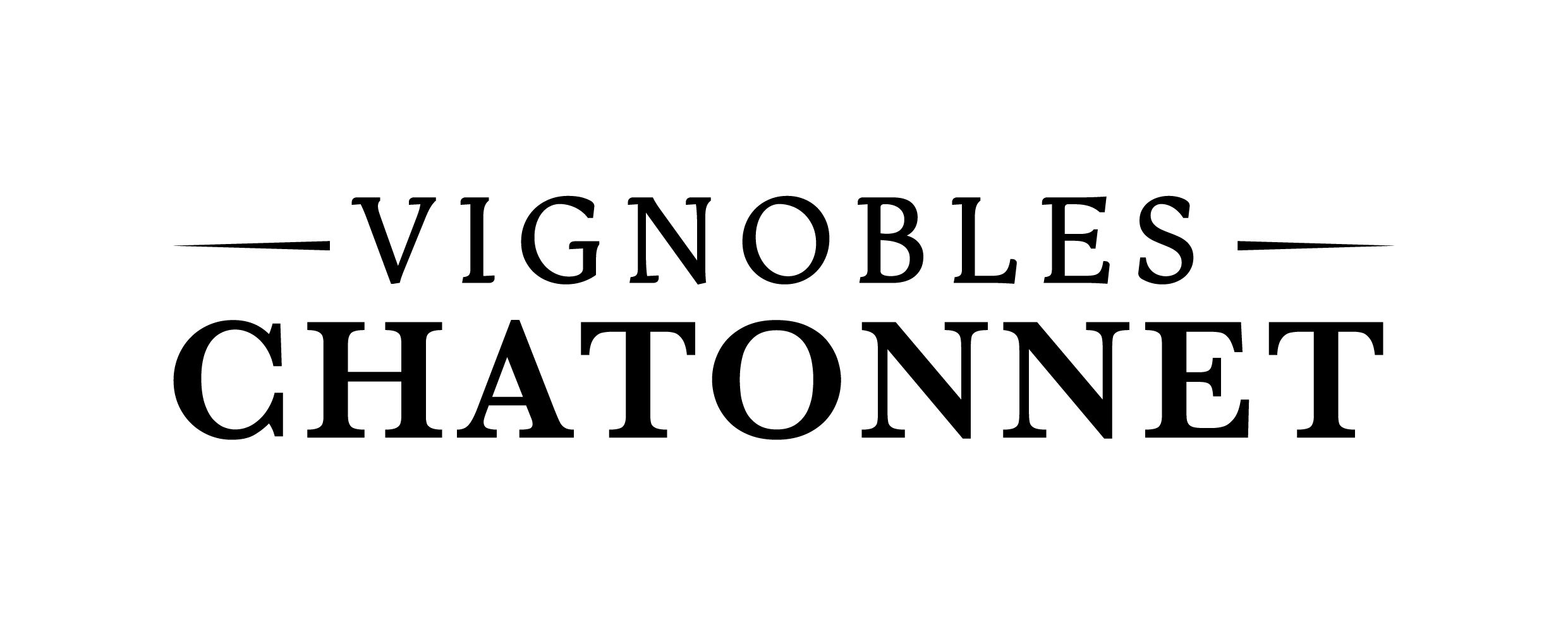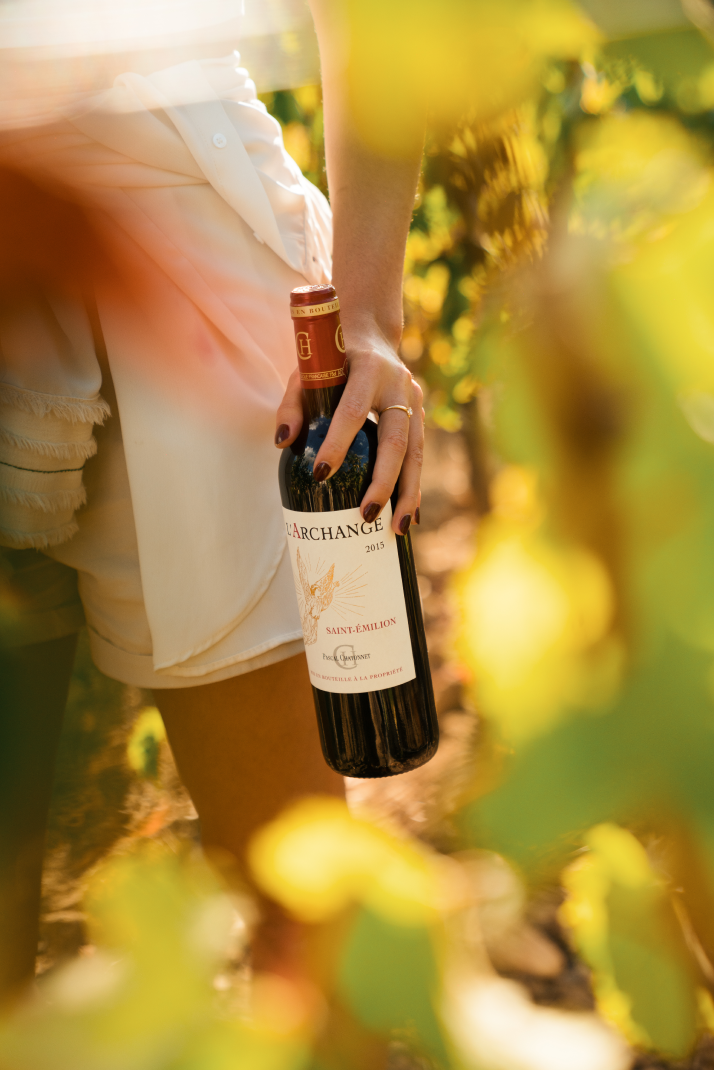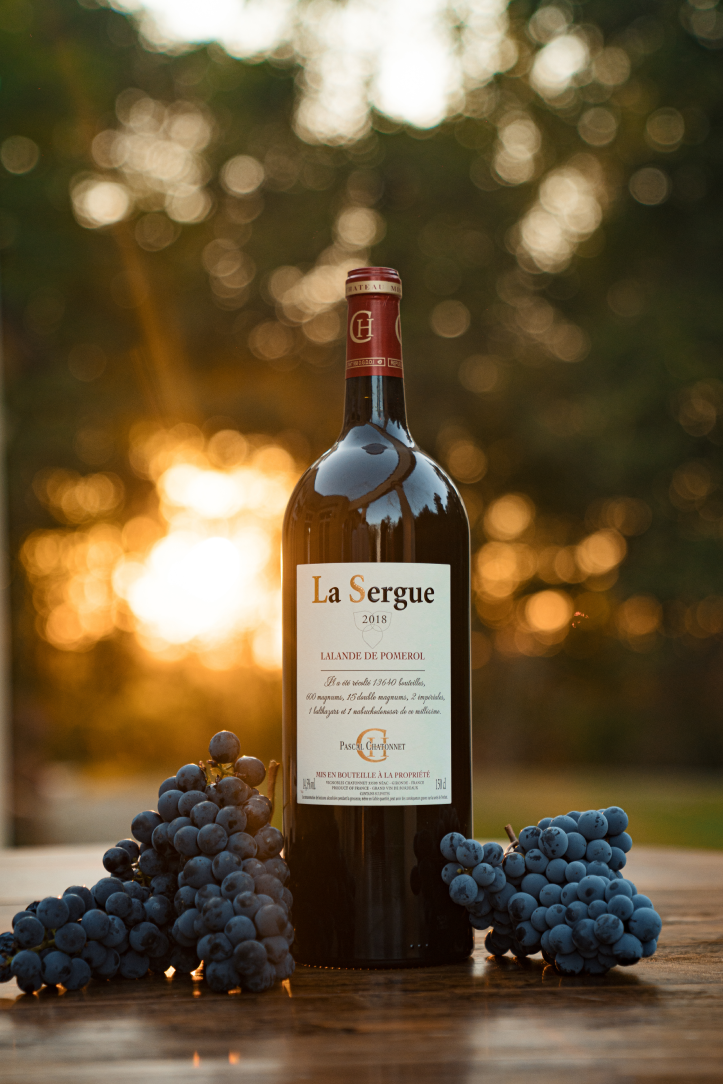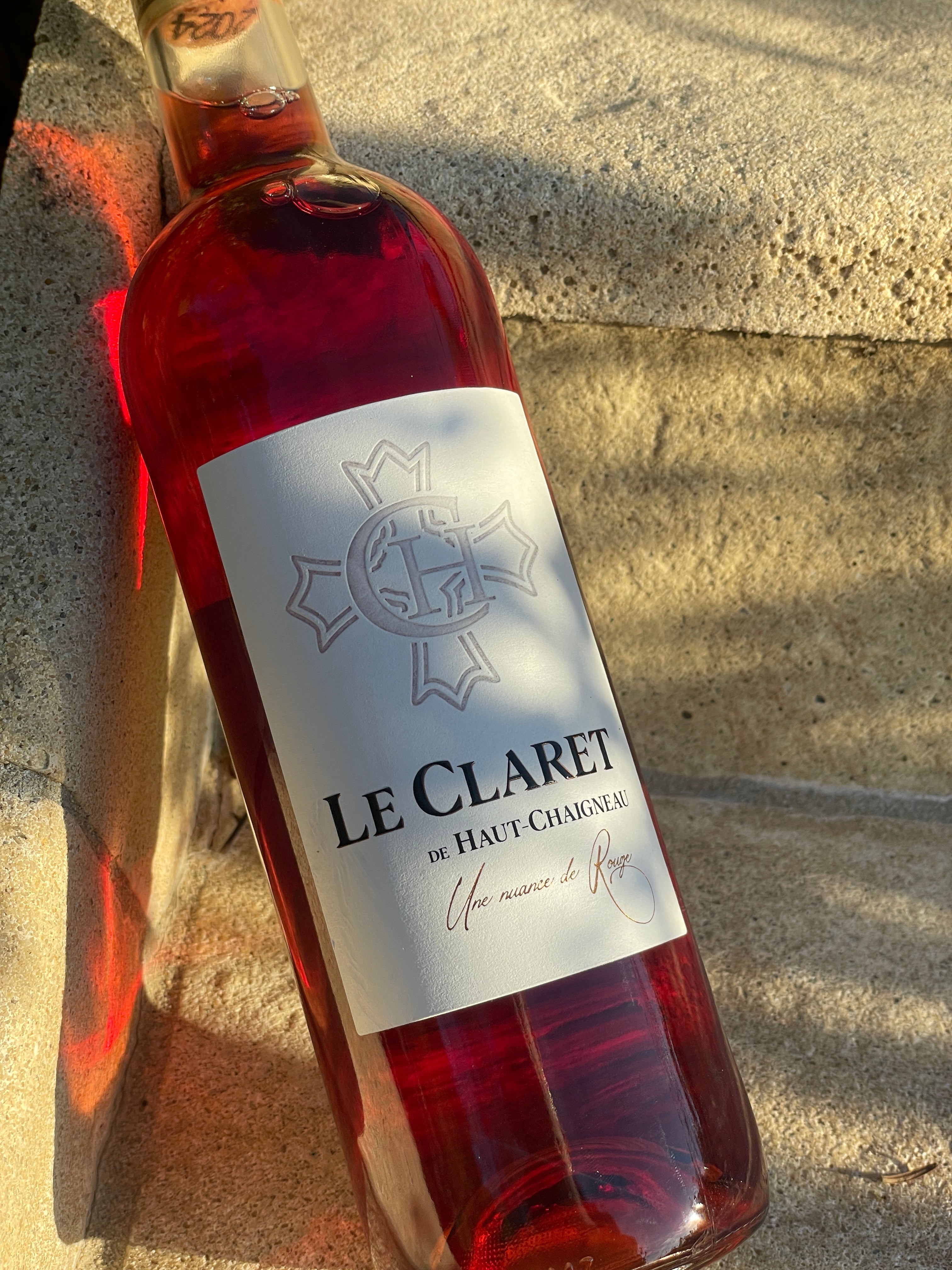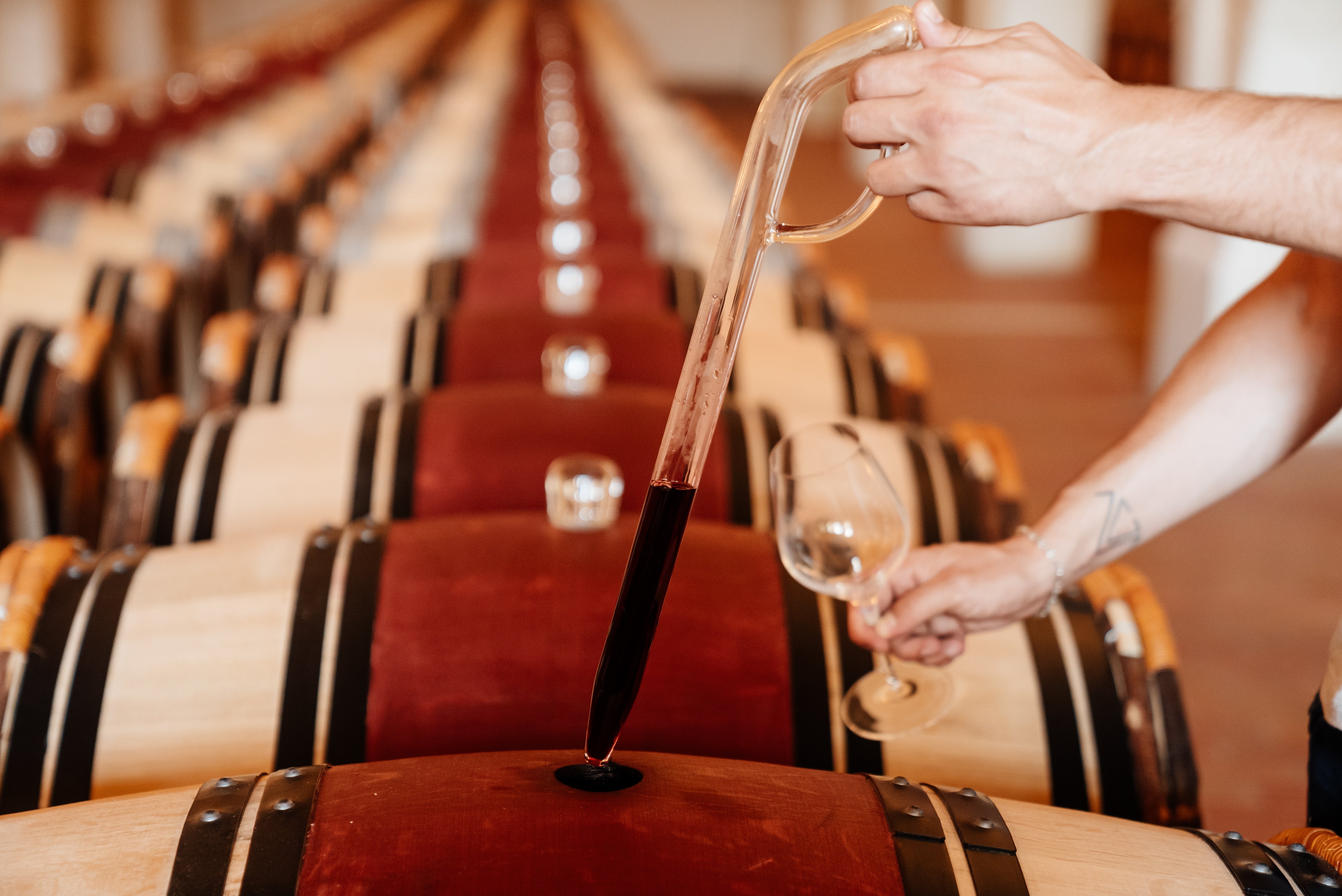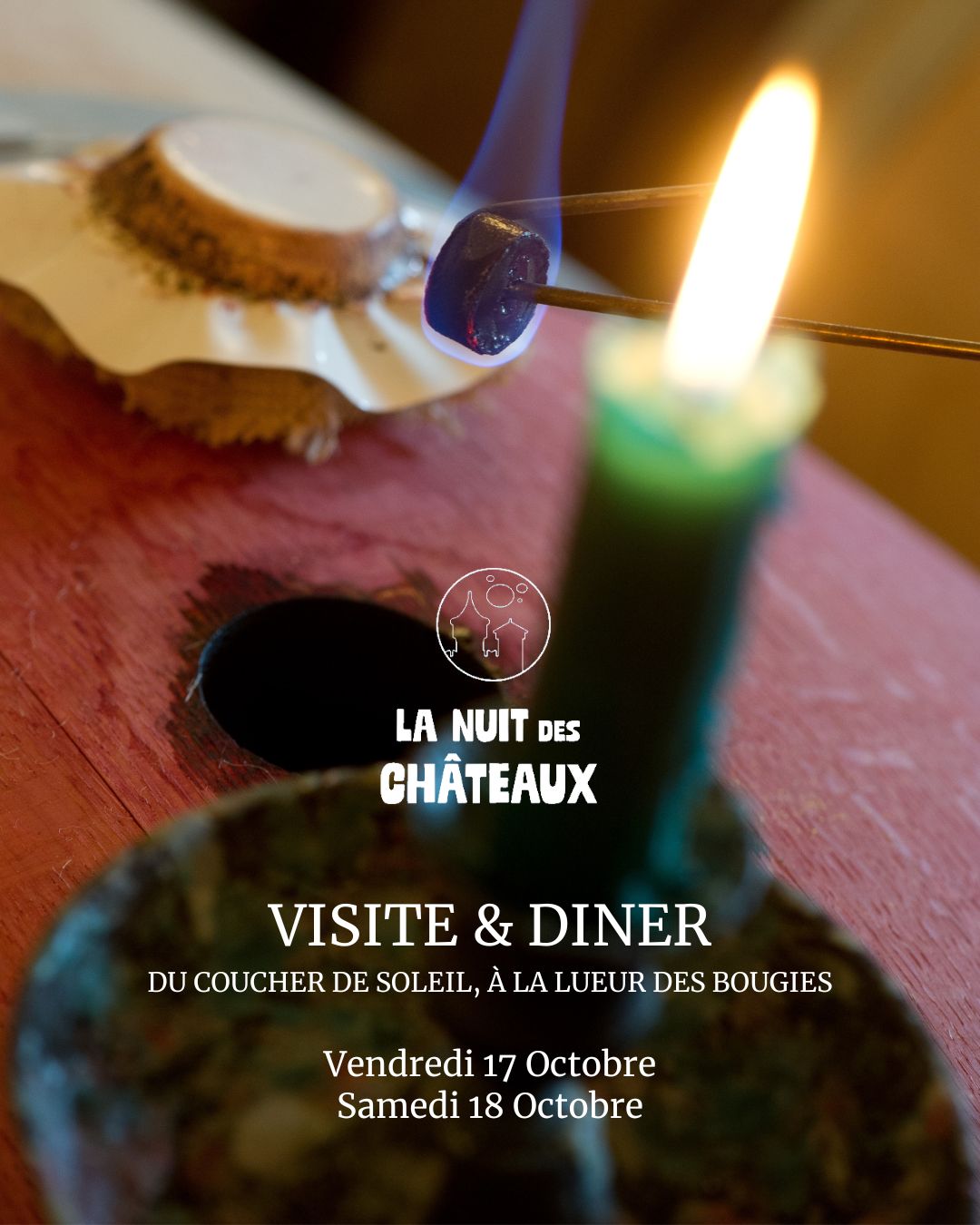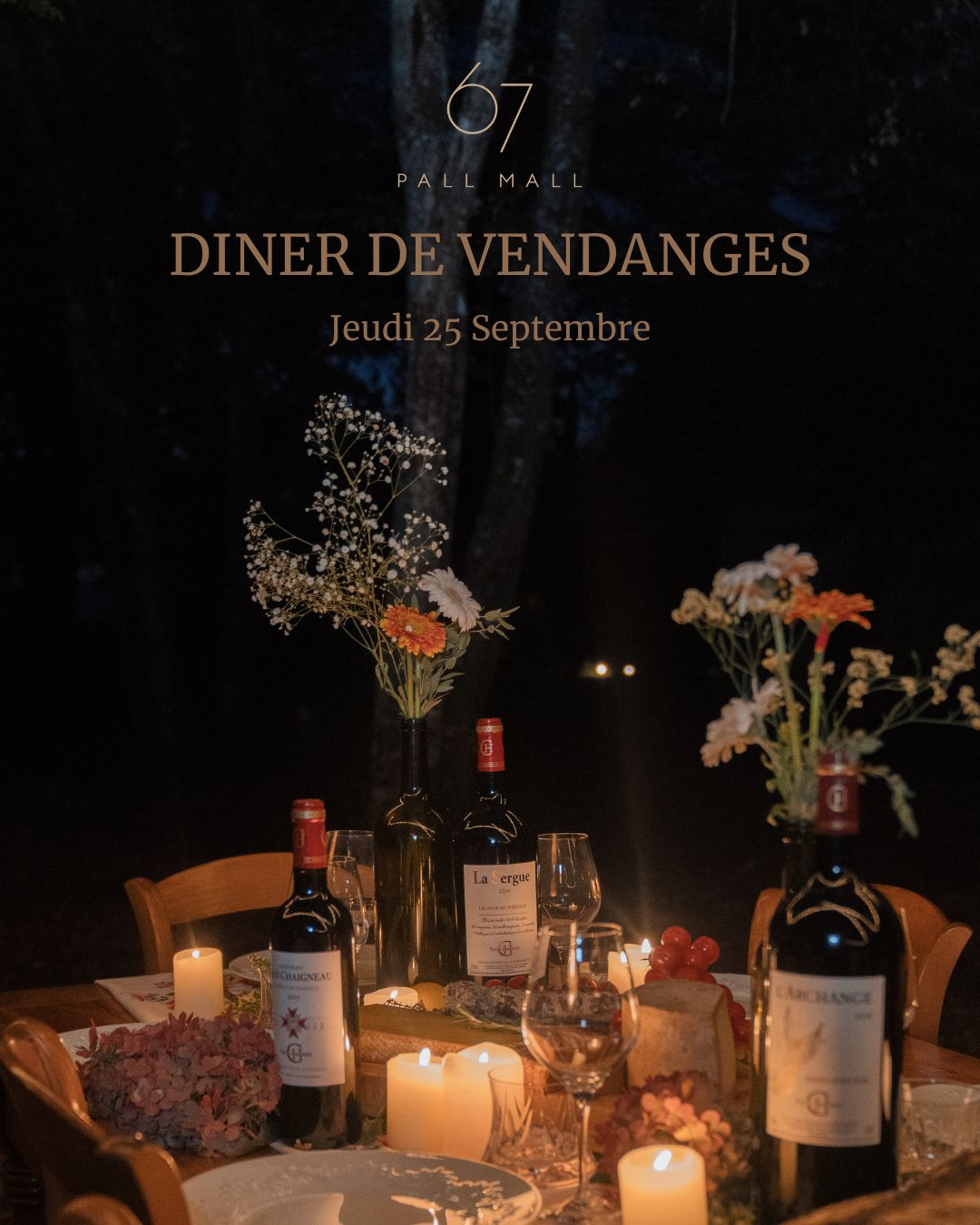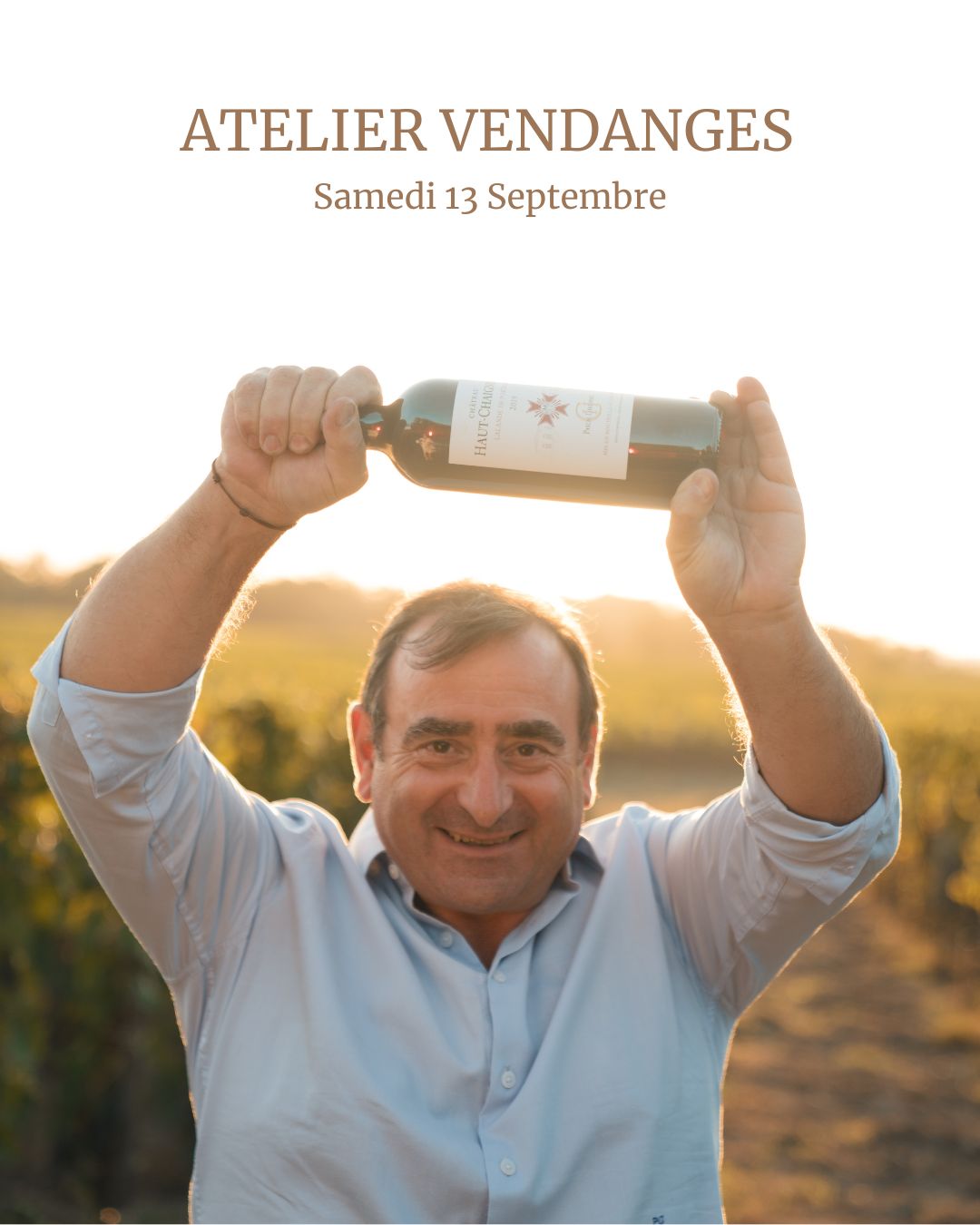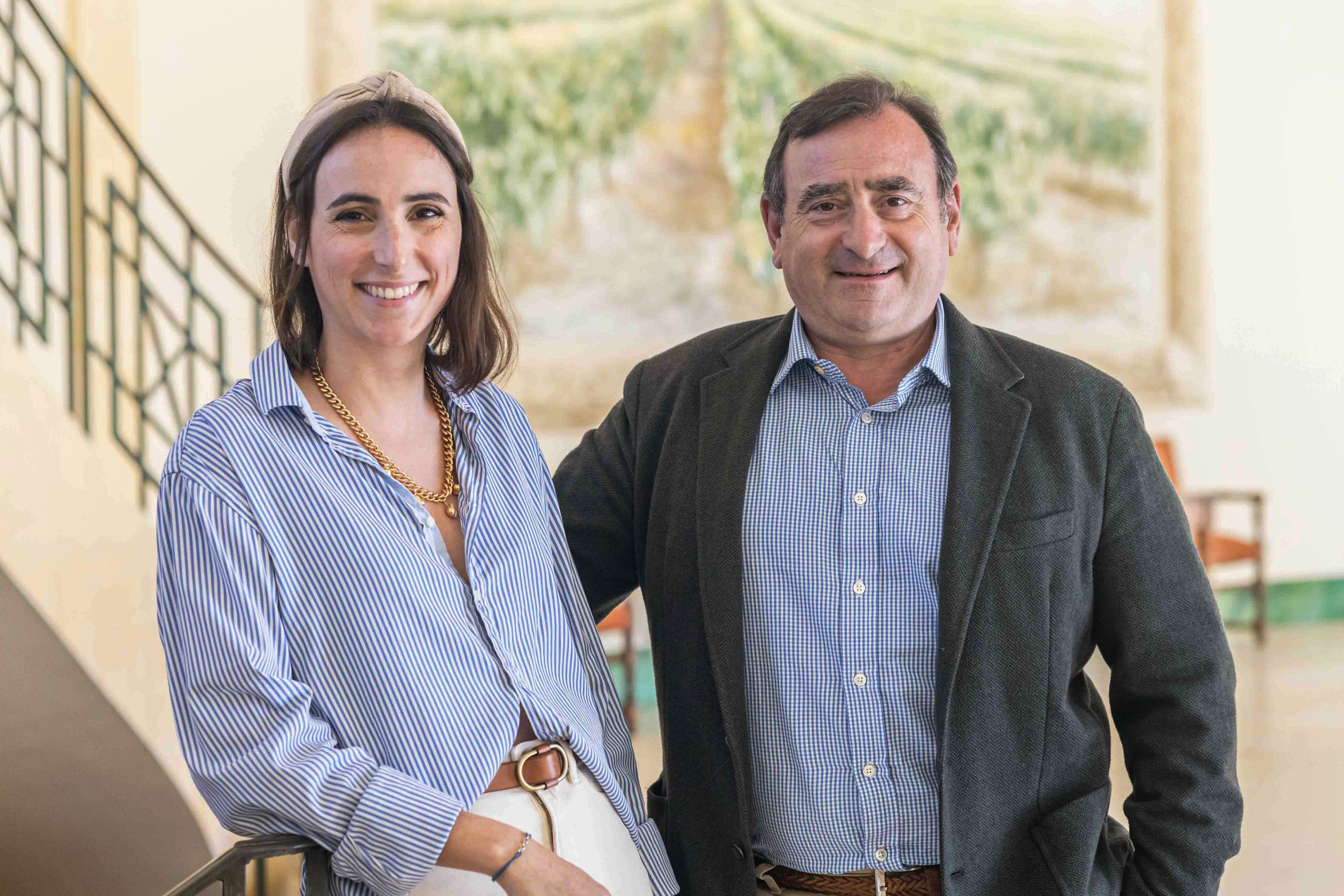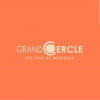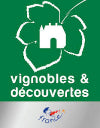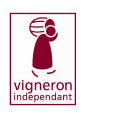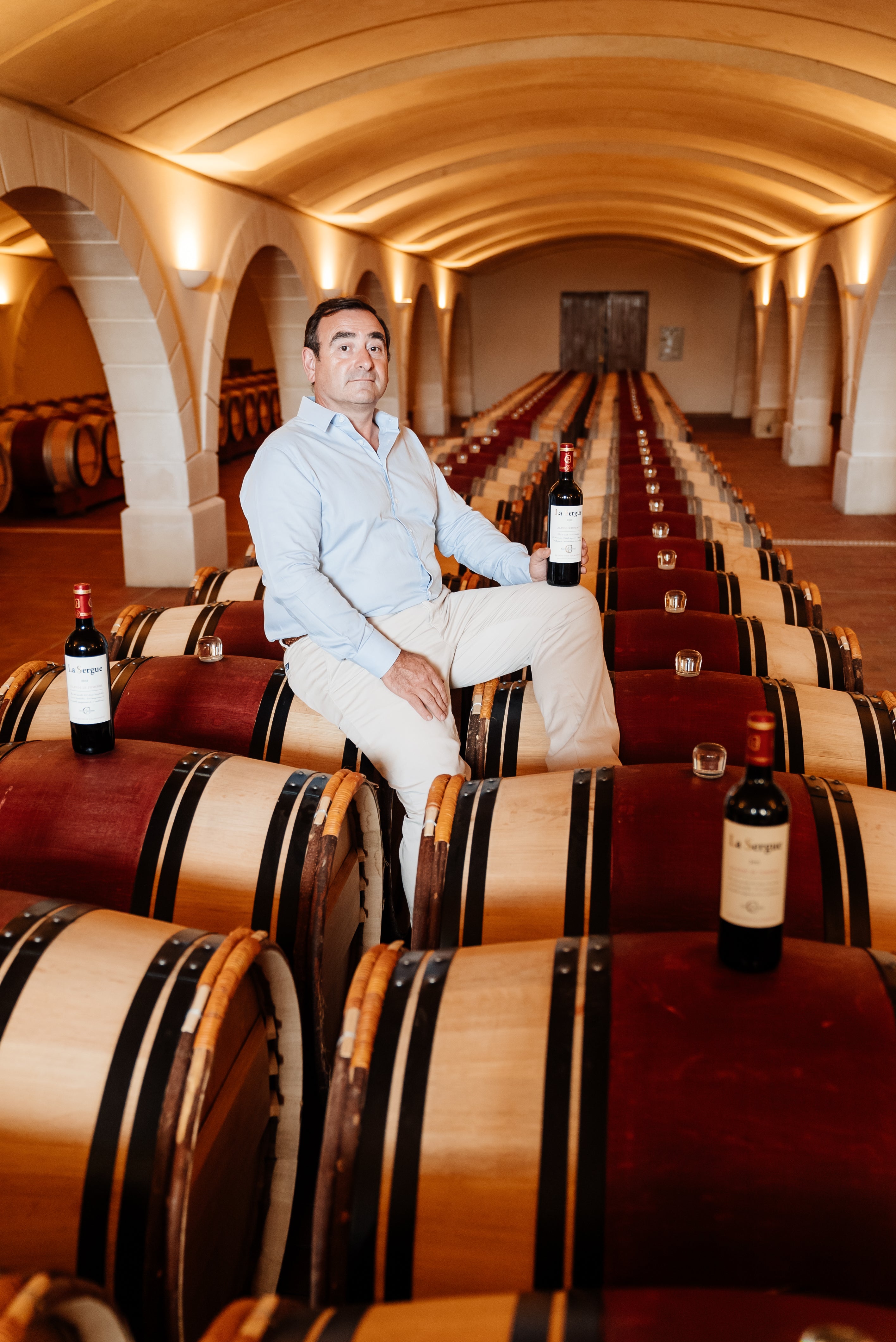
The story of our oenologist advisor Pascal Chatonnet
In a world of Bordeaux wine where winemakers are often in the spotlight, Pascal Chatonnet cultivates a certain discretion. Both an oenologist-consultant and winemaker, he is dedicated to the development of the family vineyard, of which he took over the reins completely in 2017. Few wine regions in the world have put oenologists as much at the forefront as the Bordeaux vineyards. From flying winemakers to highly sought-after consultants, there are many technicians in the Gironde wine world whose fame has gone beyond the restricted circle of great wine lovers. However, not all oenologists are in the spotlight, as the career of Pascal Chatonnet illustrates. This route begins on the right bank of Bordeaux, in the vineyard acquired by his parents in 1967 in the place called Chaigneau in the Lalande-de-Pomerol appellation. Starting from a dozen hectares, they patiently restructured and developed the estate, devoting themselves entirely to it from the 1980s and building new technical installations in the early 1990s. Over time, the vineyard extended over around thirty hectares in Lalande-de-Pomerol, spread over three land units, to which is added one hectare in Saint-Émilion – the historic cradle of the family. From Spain to New Zealand For Pascal, the path seems clear. Studies in agronomy and oenology, two theses, and classes with Denis Dubourdieu laid the foundations of his scientific career. In 1992, he created the Excell oenology laboratory, and began a consulting activity in 1995. The latter, which today brings together nearly forty clients, will take him from Bordeaux to Languedoc, via the Spain (Vega Sicilia in particular), Italy, Portugal, South Africa, South America and even New Zealand (Cloudy Bay for three years). At the same time, he continued to develop the family vineyards, of which he took full reins following the death of his father in 2017 – the same year, he sold the majority of Excell's shares. Initiating a conversion to organic in 2021, the one who defends the idea of “agrosynergy” in the cultivation of the vineyard – a sort of combination between organic, biodynamic and certain so-called “conventional” practices – is also very attentive to the issues linked to global warming and is replanting more and more Cabernet Franc, but also Malbec and Petit Verdot “to test ourselves”. Protected by the double influence of Isle and Dordogne, its Lalande-de-Pomerol vineyard is mainly located on clayey terroir, more or less tinged with gravel. Merlot occupies, to this day, a very dominant place. Pascal Chatonnet produces two wines there, Château Haut-Chaigneau (around 23 euros) and the La Sergue cuvée, a combination of three terroirs and three grape varieties vinified in three wooden vats and aged for 12 to 16 months (around €35). The centerpiece of the range is L'Archange in the Saint-Émilion appellation, a 100% merlot on blue clay with a Pomerolesque profile (around €45). Favoring mature or at least “ready to drink” vintages, Pascal Chatonnet has expanded his team in recent years, particularly on the commercial level to develop his own network, in addition to the presence of his wines on the Bordeaux market. It is also developing two brands in Lalande-de-Pomerol and an “Esprit de…” range dedicated to mass distribution and export. The development of wine tourism activity at the property (reception, accommodation) and a renovation of the technical tools are part of the roadmap for the years to come. Because even if we cultivate a certain discretion, this does not prevent us from having great ambitions.
